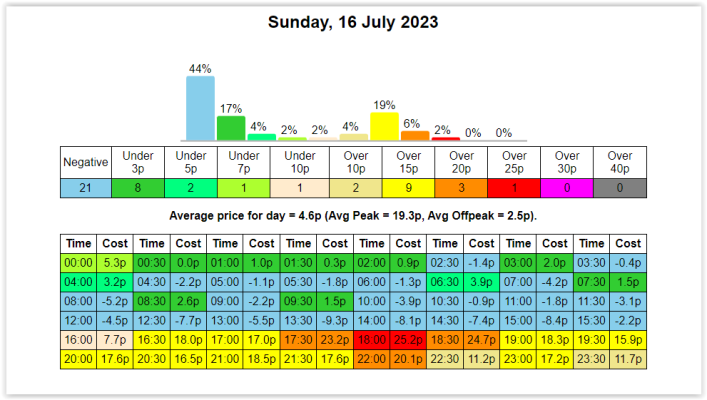From today's Times:
German car companies suffer heavy electric shock
Germany’s three big carmakers have cut their European production by a fifth compared with pre-pandemic levels, amid competition from Chinese rivals and falling demand for electric vehicles.
Volkswagen, BMW and Mercedes-Benz were already struggling with long-term problems, ranging from rising energy and labour costs in their central European heartlands to malfunctioning software and a tricky pivot away from the internal combustion engine. Initially they were able to ride out the effects of the pandemic thanks to a backlog of orders, but a recovery seems to be running out of steam.
The three collectively made half a million fewer cars at their European factories between January and May than they had done over the same months in 2019, according to figures released by MarkLines, an analytics service, to the Handelsblatt newspaper. This equated to a fall of nearly 20 per cent.
Volkswagen, in particular, appears to be suffering. Of 93,000 vehicles in the battery-electric ID range made in Europe over the first five months of the year,
only 73,000 were sold, according to the data.
Thomas Peckruhn, vice-president of the Central Association of German Vehicle Dealers, said a relatively healthy number of new registrations was belied by a darker picture emerging from order books. “New orders for
electric cars are down by 30 per cent to 50 per cent on where they were a year ago,” Peckruhn told Handelsblatt.
The VW brand, part of the Volkswagen group, acknowledged yesterday that it was “experiencing a general reluctance to purchase electric
cars, like other manufacturers are”.
Last month Ifo, the Munich-based economic research institute, found that while carmakers felt business was better than at any time since 2021, forecasts for the months to come were much more pessimistic.
Aggregate expectations slipped from positive territory to -14.1 points on its scale, indicating that car producers expect a fall in sales. Ifo said the sector was being “deindustrialised” as carmaking jobs left Germany, because electric vehicle production was less labour-intensive and costs were cheaper in east Asia or in European countries such as Hungary, Poland and the Czech Republic.
In addition,
Chinese manufacturers including Geely and Nio are beginning to threaten German carmakers’ dominance on their home turf. In the first half of this year, they jointly made up only 7 per cent of electric vehicle sales in Germany, led by MG and Polestar, but the proportion is rising rapidly.
France is looking at trying to squeeze out heavily subsidised Chinese competition by scrapping state-sponsored discounts on electric vehicles whose manufacture involves more than a certain level of carbon emissions. It is unclear whether Germany could follow suit. At a meeting last month with Olaf Scholz, the chancellor, the three biggest carmakers are understood to have warned that Beijing could retaliate by imposing curbs on German cars.
Carlos Tavares, chief executive of Stellantis, the conglomerate behind marques including Peugeot, Citroën and Fiat, said that typically it cost 40 per cent more to make an electric car in Europe than in China. He said that trade restrictions “aren’t a real solution, just a temporary relief”.
Tavares, 64, told WirtschaftsWoche, a German finance magazine: “If our costs are too high, we just don’t have enough good ideas.”


